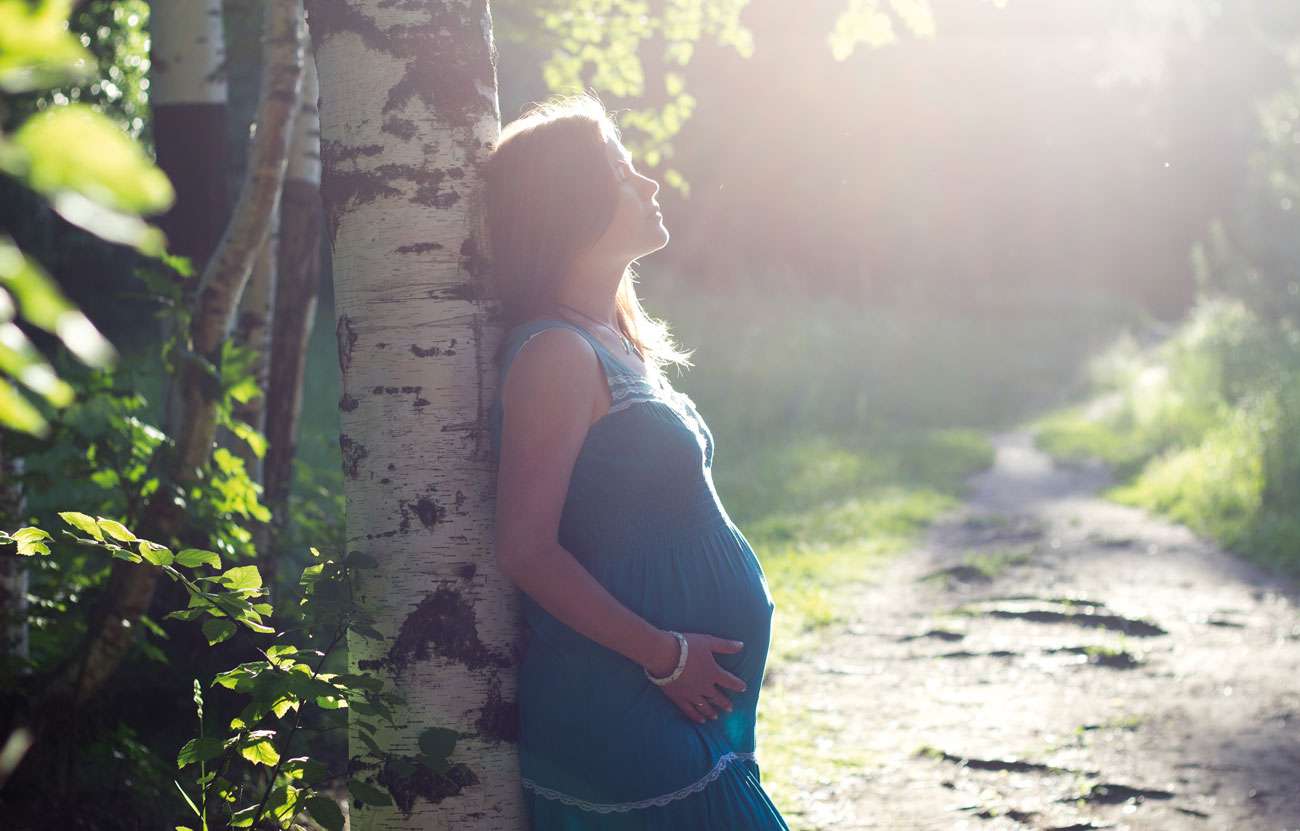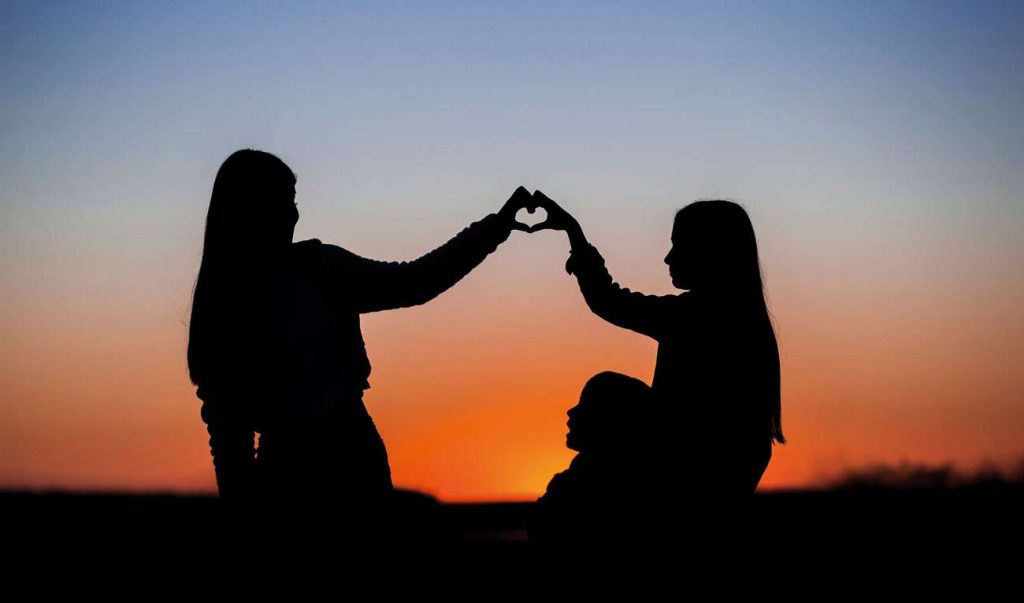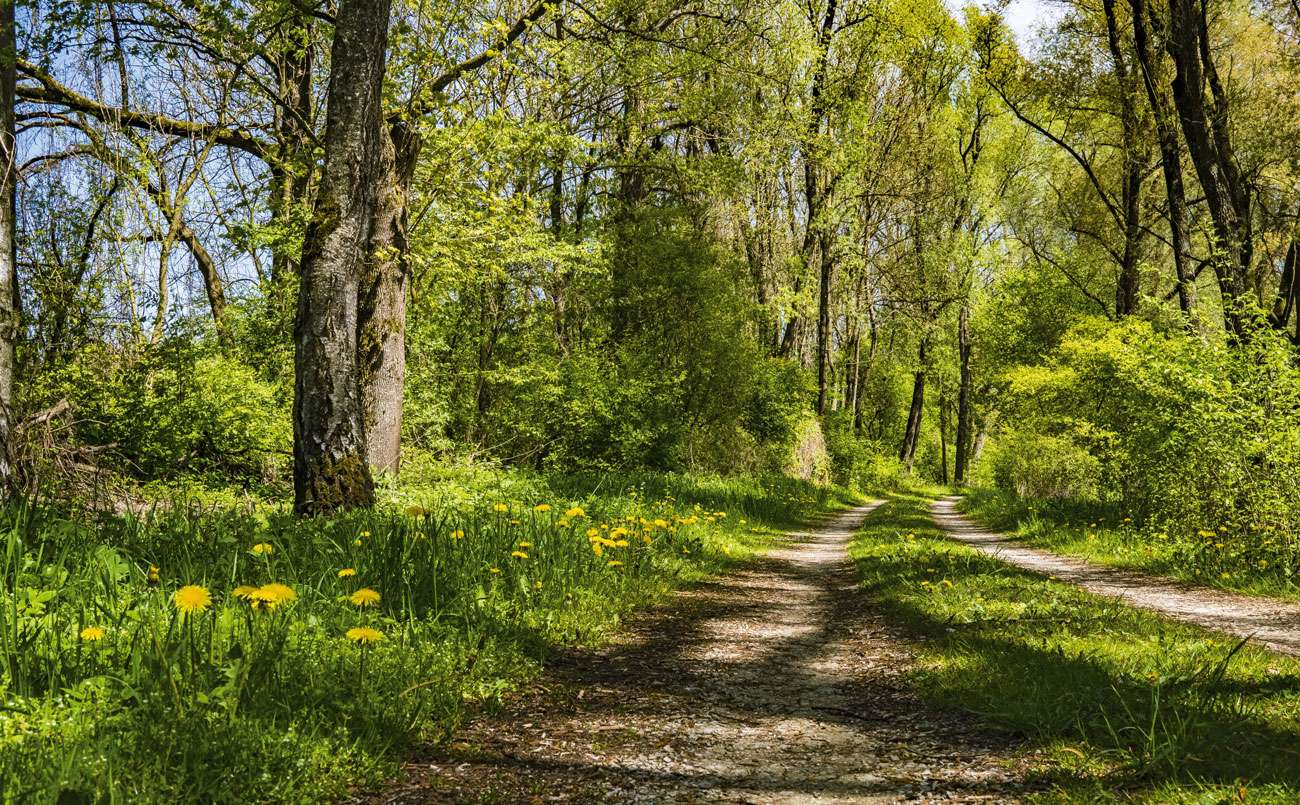
What’s healthy for both us and the planet?
I remember the patter of tiny feet; the initial excitement and anticipation associated with expecting a child. I remember the plate of pancakes presented to me at the table for breakfast reading, ‘I’m pregnant’. I remember telling our parents, siblings and then friends that we were expecting. Yet, whilst my wife is adamant, I still don’t remember signing up to those nightly massages for the bump. Perhaps this was the reason our son was such a placid baby!
Soon after it became a reality. We had brought our first child into the world. An opportunity to pass on what we’ve learnt, shape a life through worldly experiences and enjoy it all along the way. In fact, we must have enjoyed it so much, we were blessed with our second – this time a daughter – perfect balance! Despite the inevitable challenges of food tasting and potty training with both, and the unexpected challenges of trips to hospital every now and then, we’re still grateful for every moment.
Despite the country and the world stopping this time last year, nature certainly did not hold up. Spring and summer saw record periods of clear, sunny skies and hot weather. All around us, flora and fauna blossomed. We were fortunate enough to have time to discover more of our local area when we went out for walks. The colours of the woodland in our local area were truly spectacular, and we are likely to have benefitted from increased exposure to fresh air, sunlight and nature (I’ve taken to calling it “Vitamin N”). I also discovered new wisdom on how best to support the health of our family, amidst the circumstances: Vitamins C, D and Zinc.

Vitamin D, synthesised from sunlight between May and October in the UK, could have played a part in protecting so many of us from disease these past 12 months. But there’s more to the sun than Vitamin D. Sunlight is fundamental to our circadian rhythms and hormone health, by promoting production of dopamine, serotonin and melatonin; subsequently improving mood and sleep. It lowers cholesterol, blood pressure and blood glucose, as well as improving oxygenation and blood vessel health. It even improves the regulatory process in your gut, ensuring only required nutrients enter your bloodstream.
It’s no wonder so many of us feel better for time out in the sunshine, and that we find so much thriving life outdoors. It’s becoming more accepted that our sleep requirements are less in the summer, as we spend more time in more radiant sunshine, charging our mitochondria, the powerhouses of our cells. If you really want to give them and your body a boost, get outside for sunrises (the epitome of new beginnings) and sunsets. Firstly, they’re beautiful and further enhanced when accompanied by Grieg’s Morning Mood from the Peer Gynt Suite. Scientifically, the wavelengths of light emitted at these times are a powerful determiner for timing of all bodily processes, and furthermore signal to your eyes and skin to prepare for stronger sunlight in the day ahead. Please remember to seek shade when required and stay hydrated!
The change in life circumstances last year meant we could prepare all of our food at home. Of all habits I developed, one that has stuck is the inclusion of a rainbow of vegetables and fruit throughout every day of the week. The variety of phytonutrient colours provide a broad spectrum of benefits, promoting and creating health. We experienced a once in a lifetime freedom to change routines for eating, away from the conformities of normality. I skipped breakfast at least two times a week, in favour of eating a larger lunch and evening meal. It is accepted that intermittent fasts lasting 12 hours are arguably healthy for all of us, though the occasional 17-hour fast provides our body with an opportunity to increase autophagy, where the body cleans up and recycles old cells. Before you worry about skipping breakfast, with research and preparation, I once successfully completed a 72-hour fast!

New (and old) wisdom dictates that we can all benefit from the antioxidant Vitamin C. Our bodies can’t make it, so we must consume it. Registered health practitioners may prescribe a short-term, higher therapeutic dose of 5g of ascorbic acid (powder), diluted in 1.5 litres of water and drunk throughout the day, in order to aid our immune functions. However, this isn’t the only type of Vitamin C; we also need Vitamin Community. Prior to 2020, a few of us hosted meet ups in Cranleigh, with presentations by local practitioners and a chance to discuss health creation with others. This moved online in the summer with great success, though I must admit, I’ve been very preoccupied since September with my new job! When restrictions permit, we’ll look at starting the meet ups again.
Now more than ever, there is a prominent sense of anticipation regarding socialising. We yearn for a return to the social freedoms that so many of us have wilfully sacrificed in the name of our health and that of others. By the time you read this, you’re likely to have enjoyed your first meeting with up to 6 others from multiple households, or unlimited numbers from two households. A meta-analysis in 2010 found that the influence of social relationships on risks of mortality are comparable with risk factors of smoking, circadian rhythm dysregulation, alcohol consumption, obesity and excessive physical activity. Perhaps then the benefits of a socially distanced walk do outweigh the risks? Jessica Allen and Eliza Moore of Derbyshire picnic-fame certainly thought so.
Is this social connection a missing link? I see children thrive in their social environments at school. Experiences and conversations there not only progress learning and raise aspirations; they put smiles on faces. They lead to movement and laughter. In the microcosm of Cranleigh, as a wise colleague points out, there really is nothing more life-affirming than seeing such a diverse mixture of personalities coming together at school, to engage in communal, physical activity a.k.a. breaktime playground football.

And what of the missing zinc? This mineral is essential not only for the immune system, but wound healing, DNA synthesis and – curiously and coincidently – maintaining senses of taste and smell (I’ll let you ponder that one). It also supports growth and development during pregnancy, childhood and adolescence. Nutritional therapists recommend 15-20mg per day, taken away from meals containing grains, or taken at bedtime to help with absorption.
As we venture into this brave new world, we take with us new wisdom and experience of the past year. In many ways, we were given a wonderful opportunity to improve our capacity to think and live at a slower pace (a much-needed exhalation by the world?). Let’s not be oppressed by the memory of what was, or the technology that we became so reliant upon to connect with others. Instead, let’s seek to bring [insert something positive here] into to the world. I’m bringing pats on the back, handshakes and hugs. What will you bring?
Arran is a music educator, who established Surrey Health Collective in 2019 with local health practitioners, as a non-profit group that brings the community together to learn about and share our experiences in health creation. Search for us on social media using: @surreyhealthcollective or visit our website: www.surreyhealthcollective.org











